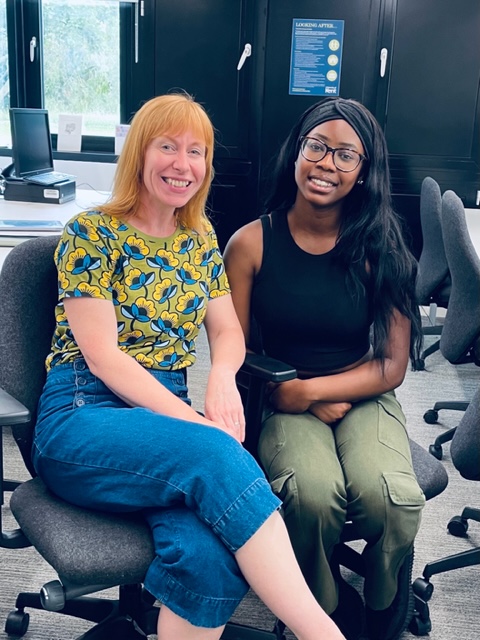During the summer Philippa Bruce, Law Clinic Solicitor, has dealt with three cases involving the question whether someone who is not the parent of a child they are caring for needs a Special Guardianship Order (SGO).
A Special Guardianship Order (SGO) is needed where there are several people with ‘parental responsibility’ in law but where it is in the best interests of the child to give overriding authority to one particular person who can be trusted to look after the child properly.
Special Guardianship Order for a child’s grandmother
One case which concluded successfully this summer concerned a particularly gifted child whose mother died last year and whose father did not reliably provide good care. The child’s grandmother stepped in – but she had her own health and financial issues. The Clinic represented the grandmother in her application for the SGO, which helped her obtain extra financial and other support to make sure that she could afford to care for the child, including providing extra facilities to enable the child to pursue his high ambitions.
Court order needed to enable child’s medical treatment
A local Citizens Advice asked us to help an Afghan man who was caring for his two nephews; the boys’ parents were still in Afghanistan, in hiding, unable to get permission to enter the UK. The urgency was that one of the nephews needed an operation, which doctors would not carry out without consent from a person with parental authority. The adviser at Citizens Advice thought that an SGO was needed for the boys’ uncle, so that he could give consent to the medical treatment going ahead. Philippa advised that an SGO was actually not necessary, since the issue was not that the parents were not caring properly for the children, but that the parents were unable in practice to take any part in their children’s care, because of the danger to them if the Taliban discovered that they were in regular touch with family in the UK.[1] Philippa advised the boys’ uncle that he should apply for a Child Arrangement Order. But there were still significant procedural problems, because of the danger to the parents if caught communicating with relatives in the UK. They could not play any part in the proceedings, even to make witness statements. But an Order was clearly needed. Philippa and student Divine Adebowale worked on this case; Philippa represented the boys’ uncle before a Circuit Judge sitting as a Deputy High Court judge. You can read Divine’s reflections on her experience of being involved in this case here:
[1] On a wider note, this is one of the many Afghan families not given permission to escape to the UK, even though they had previously worked for the previous Afghan government and for the British authorities in Afghanistan.

